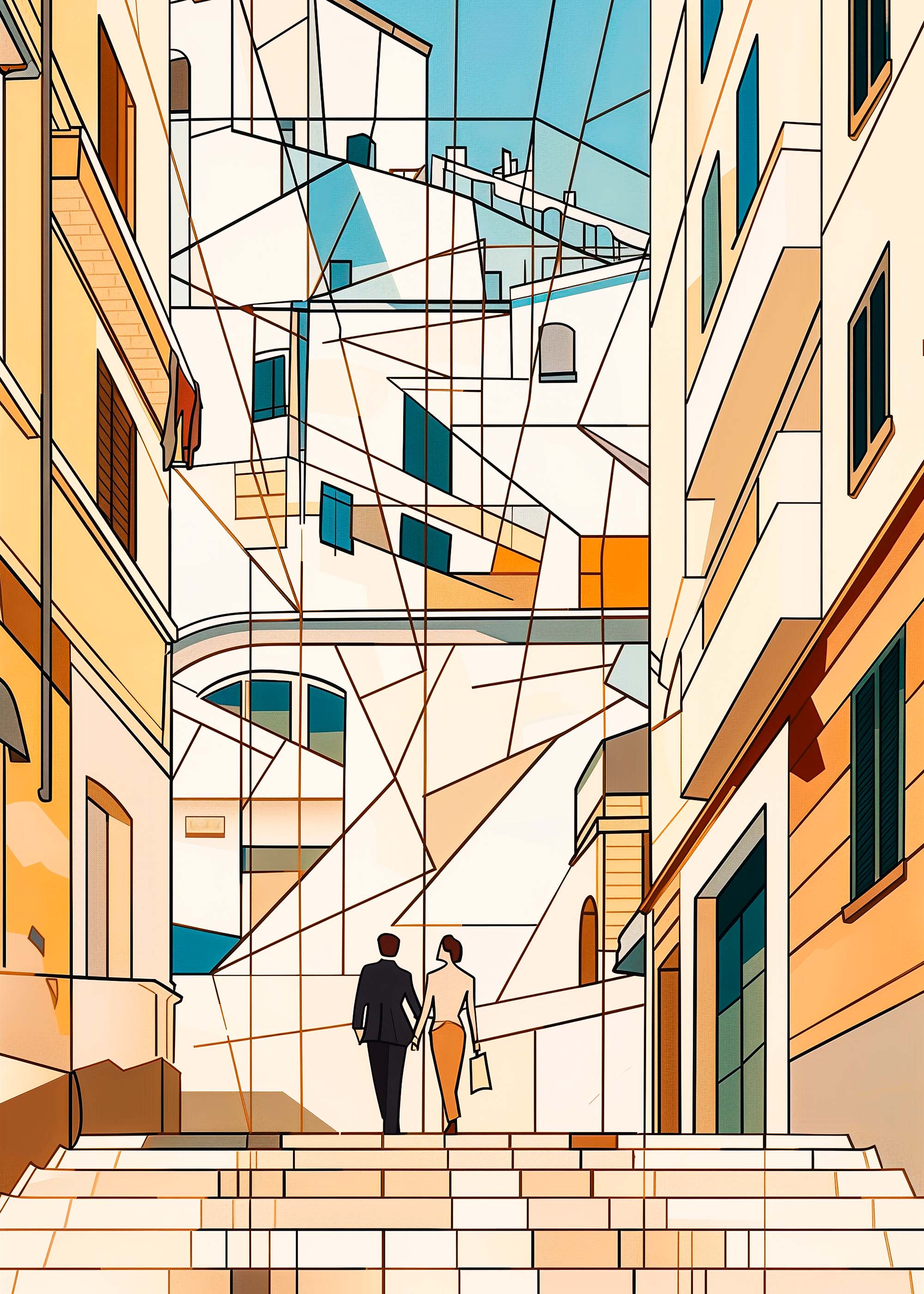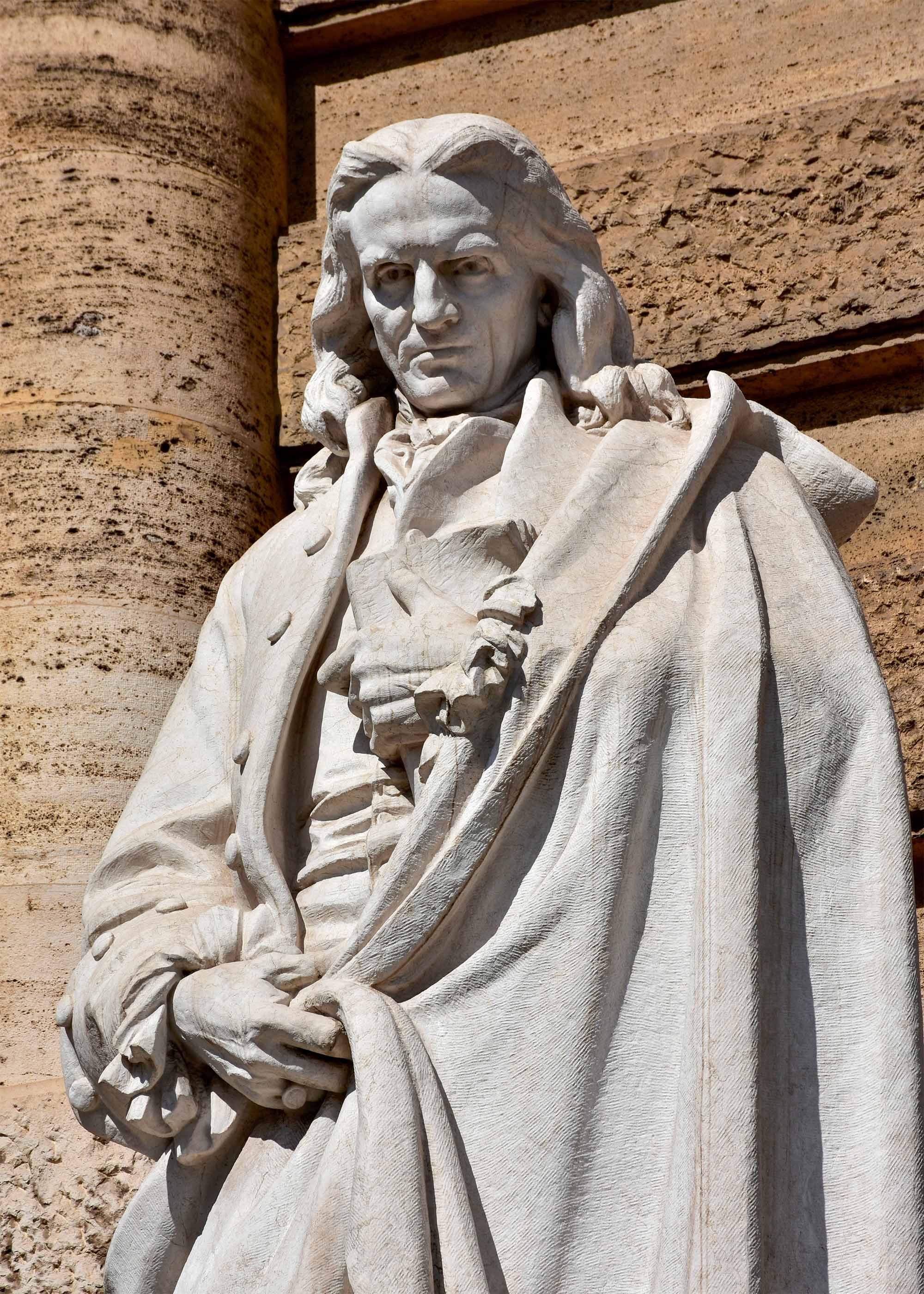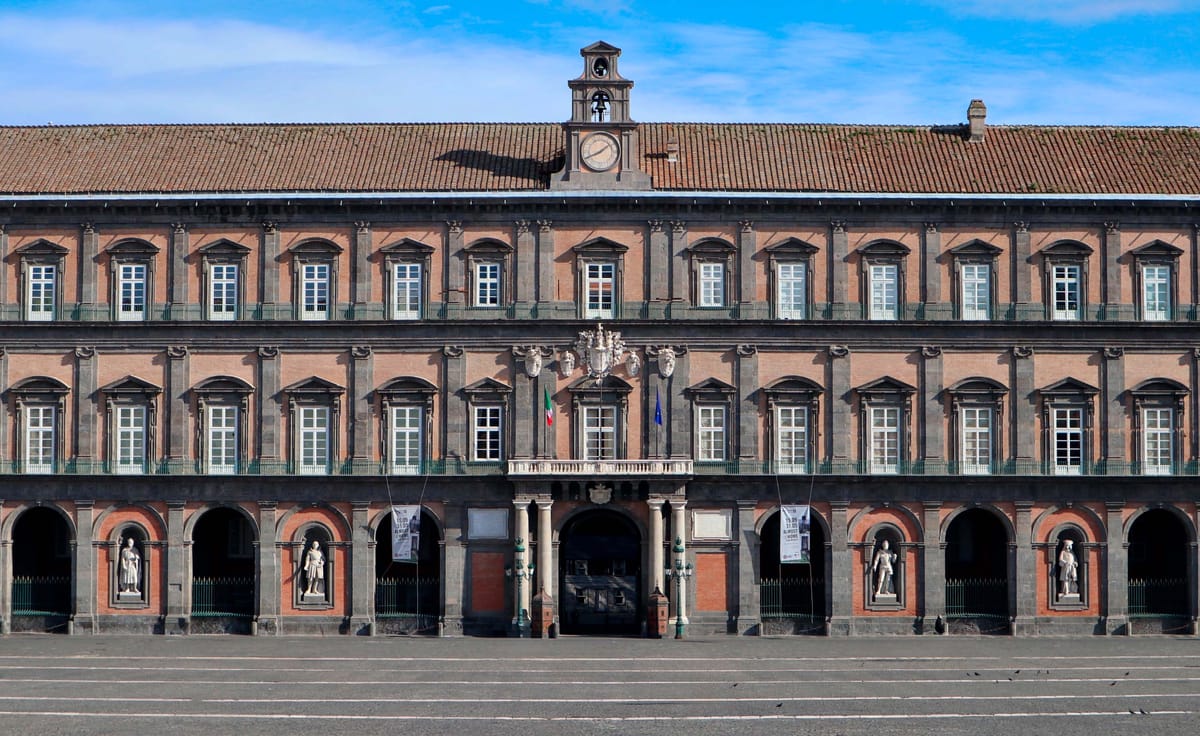Naples, a city steeped in history and culture, is a haven for literature enthusiasts. Its vibrant streets, grand libraries, and monumental tributes to literary figures make it a unique destination for those passionate about the written word. Among its numerous literary landmarks, the Piazza Bellini, the National Library, and the Vico Monument stand out for their historical significance, cultural richness, and enduring influence on the literary world. This blog post explores these landmarks' significance and how they contribute to Naples' literary legacy.
Introduction to Naples' Literary Heritage
With its ancient origins and dynamic history, Naples has long been a center of intellectual and cultural activity. The city’s literary heritage is deeply intertwined with its social and political developments, from the classical era through the Renaissance and modern times. Naples has been home to renowned poets, writers, and philosophers who have left an indelible mark on European literature and thought.
Piazza Bellini: A Hub of Intellectual Exchange
Historical Overview
Piazza Bellini, located in the historic center of Naples, is more than just a charming square. It is a place where the past and present converge, creating a vibrant atmosphere for intellectual exchange. Named after the famous composer Vincenzo Bellini, the square is surrounded by historical buildings and ruins that date back to the Greek-Roman period.
Literary Significance
Piazza Bellini has long been a gathering place for writers, scholars, and artists. Its numerous cafes and bookstores provide a conducive environment for discussion and creativity. The square's proximity to the University of Naples Federico II, one of the oldest universities in the world, further enhances its role as a center for intellectual activity. Many literary figures have frequented Piazza Bellini, including the novelist Elena Ferrante, whose Neapolitan Novels vividly depict the city's life and culture.
- Historical Cafes: Establishments like the Café Intra Moenia are modern-day salons where ideas are exchanged and literary works are discussed.
- Bookstores and Libraries: Numerous bookstores, including some specializing in rare and antique books, make Piazza Bellini a treasure trove for bibliophiles.
- Cultural Events: The square regularly hosts literary events, book fairs, and readings, cementing its status as a literary landmark.
Cultural Impact
Piazza Bellini's cultural impact extends beyond its literary significance. It is a melting pot of different eras, reflecting the city's rich and diverse history. The presence of ancient Greek ruins juxtaposed with modern artistic expressions creates a unique ambiance that inspires residents and visitors. This blend of the old and the new embodies the essence of Naples, a city where history and modernity coexist harmoniously.

Naples I © Nicholas V. K.
A geometric, abstract cityscape of Naples with a couple walking in warm tones and intricate lines.
The National Library of Naples: A Treasure Trove of Knowledge
History and Architecture
The National Library of Naples, officially known as the Biblioteca Nazionale Vittorio Emanuele III, is one of the most important libraries in Italy. Established in 1804, it houses an extensive collection of books, manuscripts, and historical documents. The library is located in the Royal Palace of Naples, an architectural masterpiece that adds to the institution's grandeur.
- Establishment and Growth: Initially founded by Ferdinand IV of Bourbon, the library's collection proliferated, incorporating various private libraries and acquiring significant works over the centuries.
- Architectural Highlights: The library's majestic halls and reading rooms, adorned with frescoes and intricate woodwork, provide a serene and inspiring environment for scholars and visitors.
Literary Collections
The National Library of Naples boasts an impressive array of literary treasures, making it a vital resource for researchers and literature enthusiasts.
- Rare Manuscripts: The library holds numerous rare manuscripts, including works by Dante Alighieri, Petrarch, and Boccaccio. These manuscripts provide invaluable insights into Italy and Europe's literary and cultural history.
- Historical Documents: The library's collection of historical documents includes letters, diaries, and official records that illuminate the social, political, and cultural developments of various periods.
- Special Collections: The library also features special collections dedicated to specific themes or authors, such as the Leopardi Collection, which contains works and personal items of the poet Giacomo Leopardi.
Research and Scholarship
The National Library of Naples is crucial in advancing literary research and scholarship. Its extensive resources and state-of-the-art facilities attract scholars from around the world.
- Academic Collaborations: The library collaborates with universities and research institutions to facilitate academic research and promote scholarly exchange.
- Digitization Projects: To make its collections more accessible, the library has undertaken several digitization projects, allowing researchers to access rare and fragile materials online.
- Public Programs: The library organizes lectures, exhibitions, and workshops to engage the public and foster a greater appreciation for literature and history.
The Vico Monument: Honoring a Philosopher and Historian
Giambattista Vico: Life and Works
Giambattista Vico (1668-1744) was a prominent philosopher, historian, and rhetorician whose ideas have had a lasting impact on the humanities and social sciences. Vico's seminal work, The New Science, introduced the concept of the cyclical nature of history and emphasized the importance of understanding cultural context in historical analysis.
- Philosophical Contributions: Vico's theories on the evolution of societies and his critique of Cartesian rationalism have influenced various fields, including anthropology, sociology, and literary theory.
- Historical Methodology: Vico's emphasis on human actions' historical and cultural context laid the groundwork for modern historiography.

The Monument's History and Symbolism
The Vico Monument in the heart of Naples was erected in 1869 to commemorate the philosopher's contributions to intellectual thought. The statue, sculpted by Tito Angelini, depicts Vico holding a book, symbolizing his dedication to knowledge and learning.
- Symbolic Elements: The monument features several symbolic elements, such as the open book and the laurel wreath, representing wisdom and achievement, respectively.
- Cultural Significance: The Vico Monument serves as a reminder of Naples' rich intellectual heritage and its enduring commitment to fostering philosophical and historical inquiry.
Vico's Influence on Literature and Philosophy
Giambattista Vico's ideas have profoundly impacted literature and philosophy, both in Italy and beyond.
- Literary Theory: Vico's concept of the cyclical nature of history has influenced literary theorists who have applied his ideas to analyzing literary texts and genres.
- Philosophical Thought: Vico's critique of Cartesian rationalism and his emphasis on the importance of cultural context have resonated with philosophers and scholars across various disciplines.
- Cultural Legacy: Vico's work continues to inspire contemporary thinkers, and his monument stands as a testament to his enduring influence on the intellectual landscape of Naples and the wider world.
The Enduring Legacy of Naples' Literary Landmarks
Piazza Bellini, the National Library of Naples, and the Vico Monument each play a significant role in the city's literary landscape. They serve as reminders of Naples' rich cultural heritage and its ongoing contribution to literature, philosophy, and the humanities. These landmarks are places of historical and artistic importance and symbols of the city's vibrant intellectual life.
Visitors to Naples can immerse themselves in its literary history by exploring these landmarks, experiencing firsthand the environment that has inspired countless writers and scholars. The enduring legacy of these sites continues to shape Naples's literary and cultural fabric, making it a city that embodies the spirit of intellectual pursuit and artistic expression.





